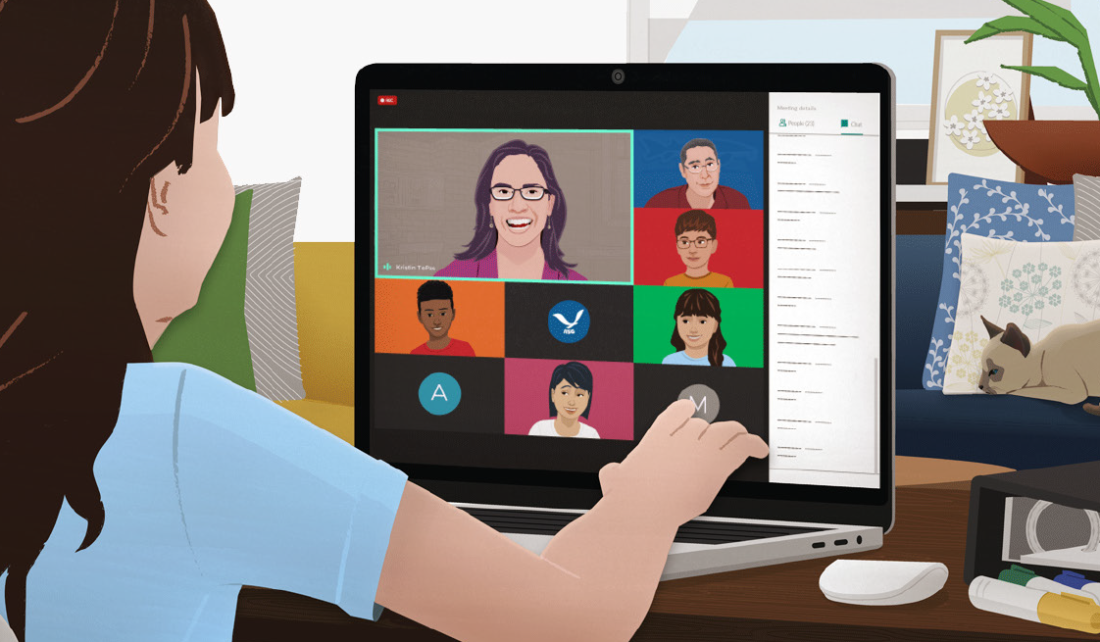
Illinois-Indiana Sea Grant announces the return of its long-running news publication, The Helm, which has been on hiatus. Now an annual magazine, The Helm is a collection of program research, outreach and education success stories and ongoing activities to address coastal concerns. This first issue is focused on addressing urban flooding, the seafood trade deficit, critical natural resources, and more.
Here are some headlines from this issue:
- Building better rain gardens to reduce runoff
- Regional and local efforts focus on growing aquaculture
- Science and scientists become real for students and teachers
- Communities set natural resource priorities and create action plans
- Buoys provide key data to predict dangerous currents

